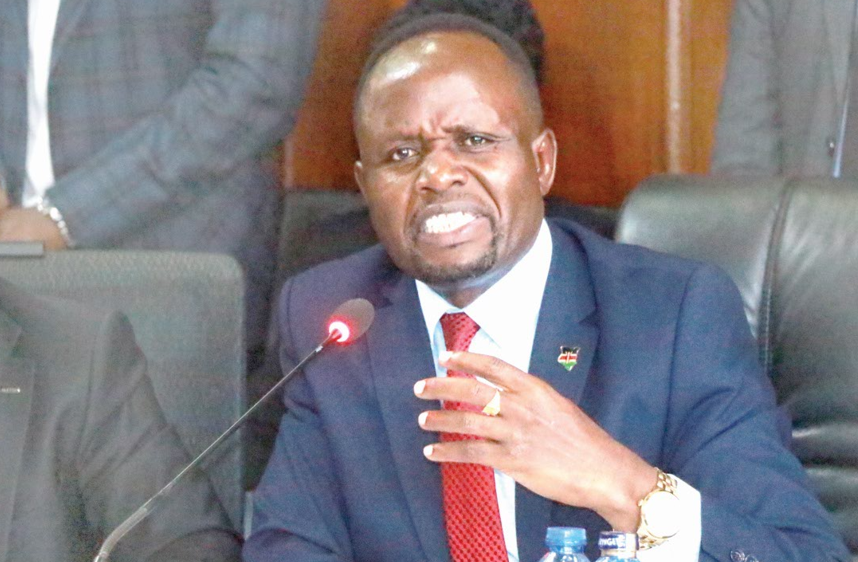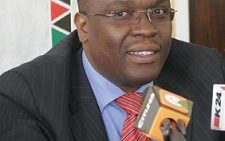Treasury rolls out sweeping public finance overhaul
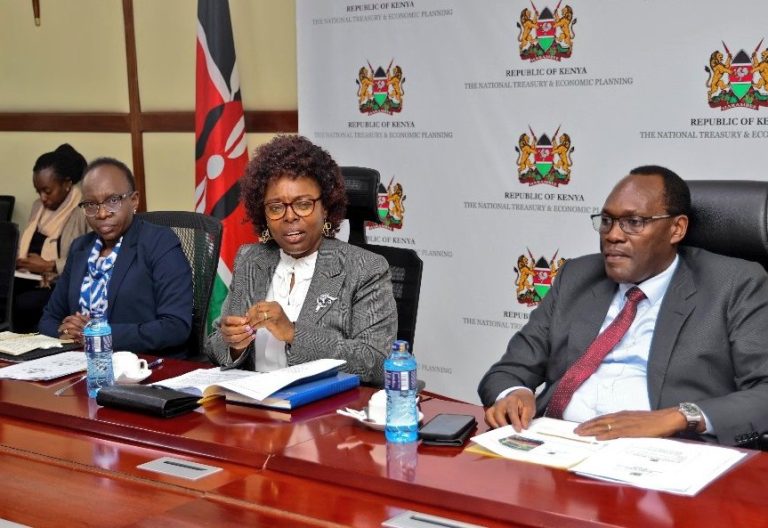
The National Treasury will begin implementing a new set of fiscal reforms under the Treasury Single Account (TSA) framework starting July 2025, in a major move aimed at tightening financial controls, enhancing transparency, and improving service delivery across all levels of government.
The announcement was made by Treasury Principal Secretary Chris Kiptoo during a high-level meeting held at the Treasury building on Friday, May 30, 2025.
The meeting brought together senior officials from the country’s key fiscal institutions, including Deputy Central Bank Governor Susan Koech, Controller of Budget Dr. Margaret Nyakang’o, Auditor General Nancy Gathungu, and representatives from the Kenya Revenue Authority and the Office of the Auditor General.
Kiptoo described the reforms as a “critical component of the ongoing public financial management reform agenda.”
“These reforms are timely and transformative,” Kiptoo said.“ They will not only tighten controls and improve fiscal oversight, but also ensure value for money and greater efficiency in public service delivery.”
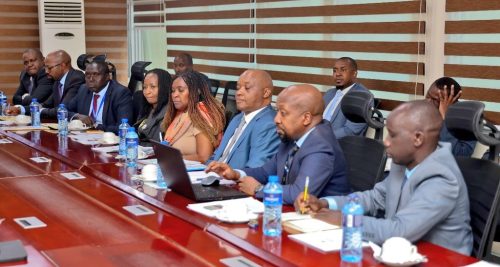
Key reforms unveiled
Among the most notable features of the TSA initiative is the introduction of Invoice Twinning, a mechanism that directly links supplier invoices to exchequer releases. The measure is designed to prevent unauthorized voiding of payments or selective disbursements, issues that have plagued public procurement systems in the past.
The government says this process will eventually be extended to counties, pending full automation of their exchequer processes.
Another major component is the revamp of the management of the government’s overdraft facility. This reform aims to improve cash forecasting and reduce the cost of short-term borrowing. According to officials, poor forecasting has historically led to inefficient borrowing patterns and unnecessary fiscal pressure.
The Treasury also plans to adopt a Just-In-Time disbursement model, a system designed to align fund releases with verified payment needs. The goal is to eliminate idle cash balances in government accounts and ensure optimal use of available resources.
In a bid to improve cash visibility and discipline, the reforms will allow for better monitoring of State-Owned Enterprises’ (SOEs) cash resources.
Treasury officials argue that up-to-date information on cash availability will help plug fiscal leaks and enhance planning.
The new TSA initiative also introduces full automation of public debt settlements—both domestic and foreign. This includes integrated payment processes, electronic approvals, and enhanced reconciliation capabilities.
“The reforms will support accuracy, timeliness, and long-term efficiency in public debt management,” Kiptoo said, underlining the importance of minimizing errors and delays in a country grappling with mounting debt obligations.
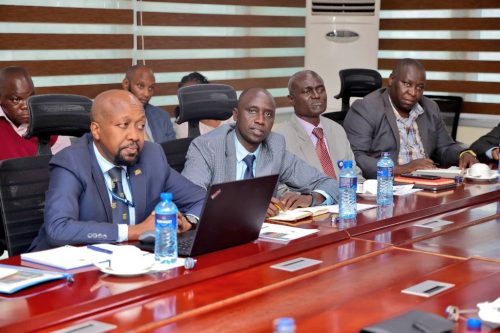
CBK to Modernize core system
To support the execution of these reforms, the Central Bank of Kenya (CBK) is upgrading its T24 Core Banking System to Version R23. The upgrade will modernize CBK’s internal operations, increase system scalability, and bolster the security of government financial transactions.
CBK says this is as a necessary step to ensure the technological backbone of Kenya’s fiscal system can handle the growing complexity and demands of a more integrated public finance structure.
A global best practice
The Treasury Single Account model is widely recognized as an international best practice in public finance. It consolidates government cash resources into a unified structure, reducing fragmentation and improving oversight.
Officials at the meeting said the coordinated approach reflects the government’s broader commitment to fiscal discipline, transparency, and restoring public confidence in the financial system.
“This is about strengthening public financial governance and building public trust,” Kiptoo said.






